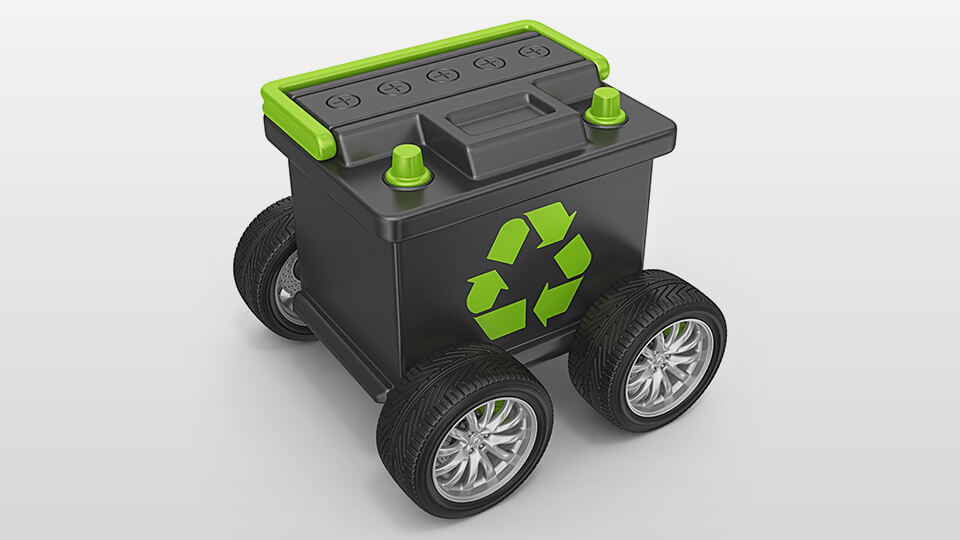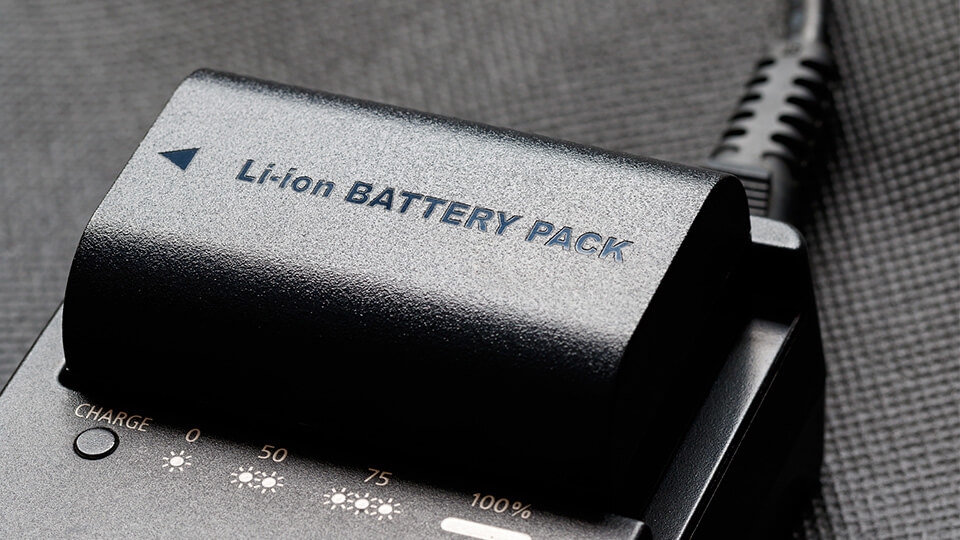The Battery Stewardship Council has called for a national plan on used EV Batteries. Libby Chaplin, CEO of the BSC, has outlined the need for a national stewardship plan. This will complement the take back schemes that some EV car brands have adopted.
The national Electric Vehicle Strategy released in April, identified the importance of battery stewardship as a crucial element in the drive to increase the EV uptake.
“The EV industry is facing a golden opportunity to take the lead in designing a scheme that is cost effective and fit for purpose.” Chaplin said.
Importantly, about 1.6 million tonnes of electric vehicle batteries will require recycling in Australia by 2050. The exponential growth has been acknowledged in recent BSC research work. Indeed, it suggests 30,000 tonnes of EV batteries will require recycling by 2030.
The importance of stewardship
Undoubtedly, robust stewardship schemes take time to develop and require consultation and dialogue with various stakeholders. Sadly, despite the growth of solar panels as a means of domestic power support nationally, we don’t have a recycling stewardship strategy, resulting in a significant stock piling of used units around the country. This example illustrates the importance of the industry coming together on stewardship of EV batteries.
Clearly, the challenge with EV batteries is that they are volatile and can pose a significant fire risk. They can cause environmental and health hazards if toxic materials leach.
Chaplin believes that there is significant potential to develop a circular economy around EV recycling. This would not only reduce reliance on fossil fuels, but the plastic, aluminium, wires, and casings of EV batteries can be recycled as well as the precious metals, such as lithium and copper.
The BSC has been commissioned by the Federal Government to lead industry consultation around the development of EV battery stewardship. In June, the EV industry contributed to a Discussion Paper. This was delivered in collaboration with the Federal Chamber of Automotive Industries (FCA) and the Motor Trades Association of Australia (MTAA).
Furthermore, consultation is expected to continue throughout 2023. The BSC will continue to work with battery recyclers to establish the protocols for EV stewardship. In its first full year of operation the BSC scheme collected 1.9 million kilograms of batteries-equivalent to 81 million AA battery units.
Ecobatt are committed to working with the relevant stakeholders, to develop a fit for purpose stewardship scheme. The company has already invested significantly in the latest technology to be able to handle electric vehicle recovery of batteries.




